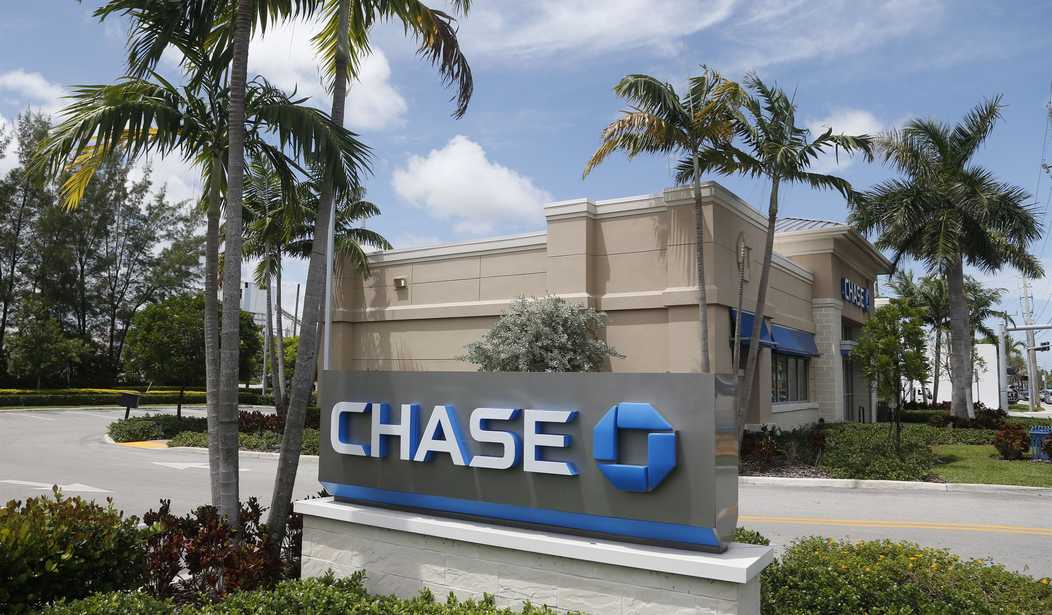All eyes will be on the big banks reporting results this morning and throughout the week, and these results will give investors insight on several fronts:
- Consumer borrowing, finances, and sentiment
- Business borrowing, finances, and sentiment
- U.S. economic conditions and trends
- International economic conditions and trends
- Geopolitical and exogenous risks
These banks will also give one a glimpse into the state of investment banking, which was poised to be a banner opportunity for Wall Street coming into 2019. The list of high-profile initial public offerings (IPOs) rivaled the peak of the tech/telecom bubble, except many of these names had revenues. The problem, however, turned out to be a lack of profits, and in some cases, no road to profitability.
I bring this up because the implosion of 2019 IPOs continues, and it’s become an acute problem, not just for future offerings, but for the reputation of Wall Street. Up until now, I have been very critical of these companies doing round after round of private funding, driving valuations well above unicorn status (one billion dollars). There is no doubt that Silicon Valley’s greed rivals that of Wall Street, but now it’s time to look at the role of the Street.
Smile
The SmileDirectClub (SDC) IPO has become a great case study for the recent spate of the failed initial public offering - promoted in a range of $19.00 to $22.00, the stock priced at $23.00 because of outsized demand.
This news made management and investment bankers smile because they weren’t going to leave any money on the table, which has become a cardinal sin in recent years and a sign of poor planning.
So, the IPO focus has been on squeezing every nickel out of an unsuspecting public and avoiding those debuts that see 50% rallies in the share price. The good news for the companies and investment bankers is fewer and fewer companies were chumps this year. What does that make investors that chased these stocks out of the gate?
Recommended
On the first day of trading, SmileDirectClub opened at $20.55 and closed at $16.67. Yikes!
On October 7th, ten of Wall Street’s biggest and most influential firms placed a buy or equivalent ratings on shares of SmileDirectClub:
- Loop
- William Blair
- Stifel
- Credit Suisse
- Citi
- Guggenheim
- Merrill Lynch
- Jefferies
- UBS
- JP Morgan
JPMorgan Chase & Co (JPM) was the lead underwriting, so maybe JPM felt the need to show its commitment to the stock by placing a target of $31.00 on the stock. Well, the stock popped with all this intellectual firepower behind the name, rallied to $15.20 before finishing the session at $13.49. Double Yikes!!
The stock was hammered again yesterday after California Governor Gavin Newsom signed in a new law that threatens the company’s business model.
Interestingly, such risk was outlined in the S-1 filing as the dental industry has been pushing for greater oversight of the retail operations, which they say creates a risk to those looking for professional dentistry. I get where some might see this as an old industry pushing back against innovation and disruption. However, the risk now becomes all too real, as this could be a national hurdle hurting the company’s 300 outlets.
Of course, disclosure was limited even in the S-1 filing, as the company mentioned it qualifies as an “emerging growth company,” as defined in the Jumpstart Our Business Startups Act of 2012 (also known as the JOBS Act). The act allows for companies to go public with far less scrutiny and compliance than traditionally faced new offerings.
I think the act was needed back in 2012 and helps funnel new ideas to market faster. However, risks should be highlighted better by large firms underwriting these deals and not just at swanky venues during roadshows.
This brings me back to JPMorgan, which outlines their goals in the 2018 Annual Report:
- We need to continue to restore trust in the strength of the U.S. banking system and global systemically important financial institutions.
- We have to remind ourselves that responsible banking is good and safe banking.
I hope we hear more about how disastrous 2019 IPOs have turned so many individual investors’ smiles into frowns, and why such a “woke” banker like JPMorgan would have taken the lead in such a disaster like SmileDirectClub.
Portfolio Approach
Communication Services | Consumer Discretionary | Consumer Staples |
1 | 3 | 2 |
Energy | Financials | Healthcare |
1 | 1 | 2 |
Industrial | Materials | Real Estate |
3 | 2 | 1 |
Technology | Utilities | Cash |
3 | 0 | 0 |
Earnings Parade
JP Morgan (JPM) looks to open at all-time high after posting financial results that beat on the top and bottom lines:
· Revenue $30.06 (adjusted) vs $28.46 consensus
· Earnings $2.68 from $2.34 y/y and $2.46 consensus
· Investment banking #1 global share 9.3%
· Trading revenue $1.52 billion consensus $1.68 billion
Goldman Sachs (GS) missed slightly on the top and bottom lines:
· $8.32 billion vs $8.33 billion consensus
· FICC $1.41 billion consensus $1.35 billion
· Investment banking $1.69 billion consensus $1.80 billion
· Trading $3.25 billion beat street
· Earnings $4.79 street $4.89
Citigroup (C) beat on the top and bottom line but stock is looking lower:
· Revenue $19.574 billion consensus $18.545
· Earnings $1.97 versus $1.95
Wells Fargo (WFC)
· Revenue $22.0 billion consensus $21.18 billion
United Healthcare (UNH) beat on the top and bottom lines:
· Revenue $60.35 billion versus consensus $59.79
· Earnings $3.88 versus $3.75
Johnson & Johnson (JNJ) beat on top and bottom lines and upped full year guidance:
· Revenue $20.729 billion consensus $20.074 billion
· Earnings $2.12 consensus $2.01
· FY Guidance (high end) $8.67 from prior guidance $8.63 and consensus $8.60

























Join the conversation as a VIP Member